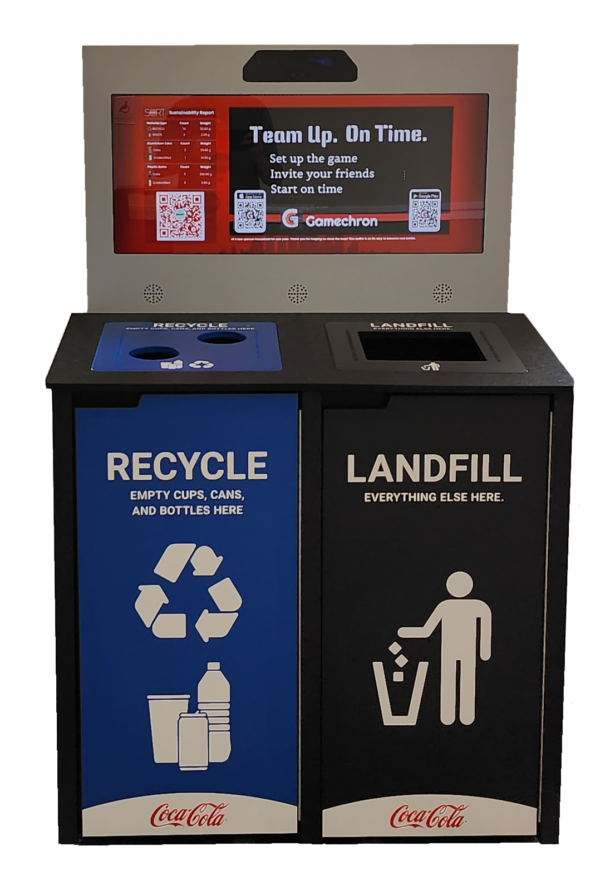In a world facing increasing environmental challenges, the concept of a circular economy has gained significant traction. Unlike the traditional linear economy, which follows a “take-make-dispose” model, the circular economy aims to minimize waste, maximize resource utilization, and create a sustainable and regenerative system. In this blog post, we will explore how the circular economy will transform recycling in the future, closing the loop and paving the way for a more sustainable future.
In a circular economy, products are designed with durability and reusability in mind. By prioritizing quality and longevity, manufacturers can reduce the need for frequent replacements and repairs. Additionally, incorporating modular designs and standardized components allows for easy disassembly and repair, extending the lifespan of products. This shift towards durable and reusable products reduces waste generation and the demand for new resources, creating a more sustainable and efficient recycling process.
Extended Producer Responsibility (EPR) is a concept that holds manufacturers accountable for the entire lifecycle of their products, including their disposal. In a circular economy, EPR programs ensure that producers take responsibility for recycling and managing the waste generated by their products. By internalizing the costs and environmental impacts associated with end-of-life products, manufacturers are incentivized to design products with recyclability in mind, leading to increased recycling rates and reduced waste.
In a circular economy, the focus shifts from traditional recycling to remanufacturing and refurbishment. Remanufacturing involves restoring used products to their original specifications, while refurbishment involves repairing and upgrading products to extend their lifespan. Both processes reduce the demand for new raw materials, conserve energy, and minimize waste. By promoting remanufacturing and refurbishment, we can create a more sustainable and resource-efficient system, where products have multiple lives before being recycled.
Technological advancements play a crucial role in transforming recycling in a circular economy. Innovations such as advanced sorting systems, chemical recycling, and 3D printing with recycled materials are revolutionizing the recycling process, enabling the efficient extraction of valuable resources from waste. These technologies not only increase recycling rates but also improve the quality of recycled materials, making them more suitable for manufacturing new products. Embracing these innovations will be key to achieving the full potential of a circular economy.
In a circular economy, collaboration among stakeholders is essential. By establishing partnerships between manufacturers, recyclers, governments, and consumers, we can create closed-loop systems where materials flow seamlessly from production to consumption and back into the manufacturing process. Collaborative initiatives, such as product take-back programs and material exchange platforms, facilitate the flow of resources, encourage recycling, and reduce waste. These efforts foster a more sustainable and interconnected ecosystem, where materials remain in use for as long as possible.
The concept of a circular economy presents a transformative vision for the future of recycling. By shifting from a linear “take-make-dispose” model to a regenerative and sustainable approach, we can minimize waste, maximize resource utilization, and create a more resilient and efficient system. Through design for durability, extended producer responsibility, remanufacturing, embracing recycling technologies, and fostering collaboration, we can close the loop and transform recycling into a vital component of a circular economy. By embracing these principles and working together, we can build a future where waste is minimized, resources are conserved, and our planet thrives.




